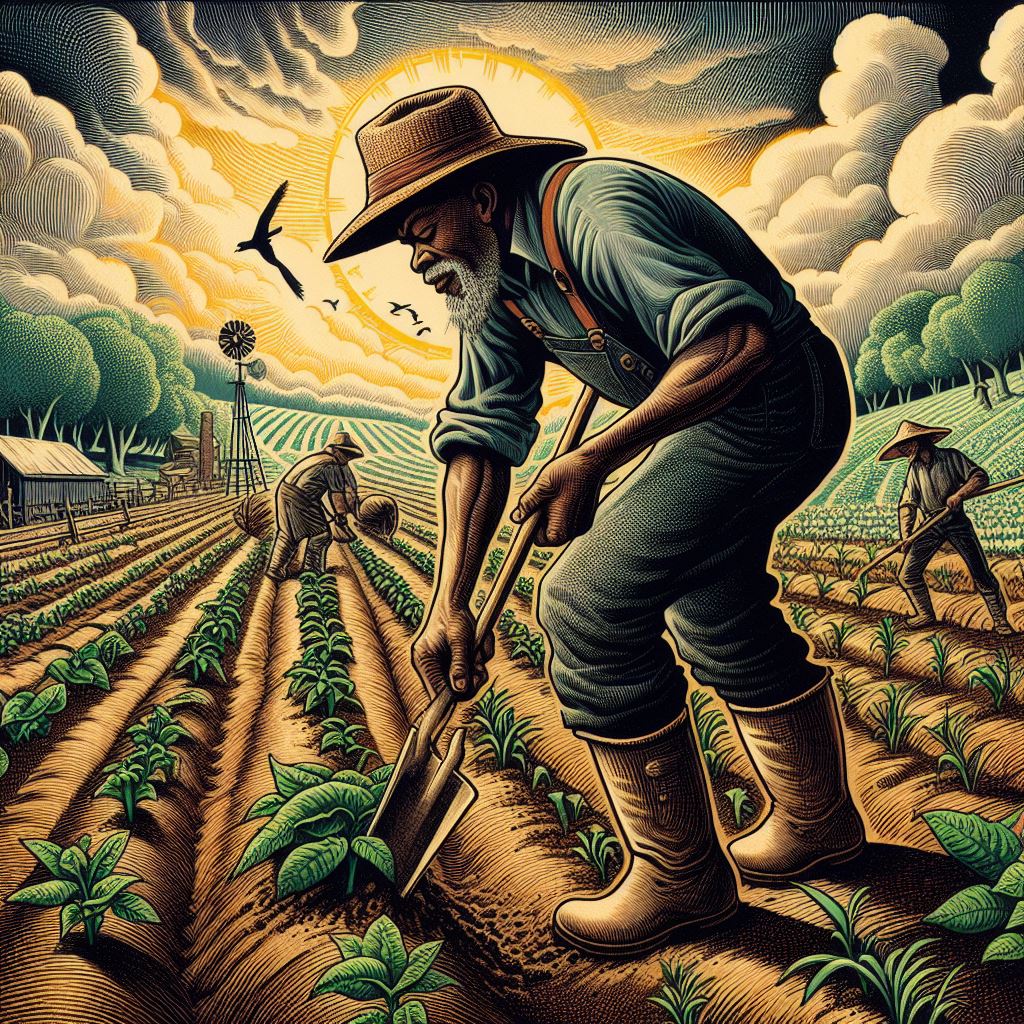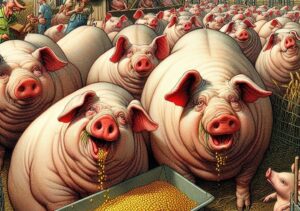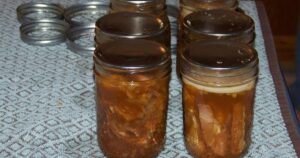
Soil Classification 1.jpg

Soil Quality
Definition: Soil quality refers to the overall health, productivity, and suitability of soil for supporting plant growth, sustaining ecosystem functions, and maintaining environmental quality.
Factors Influencing Soil Quality
- Physical Properties: Physical properties such as texture, structure, porosity, and water-holding capacity influence soil aeration, water infiltration, and root penetration, affecting plant growth and soil productivity.
- Chemical Properties: Chemical properties such as pH, nutrient levels, cation exchange capacity (CEC), and toxic element concentrations determine soil fertility, nutrient availability, and the potential for nutrient leaching or soil acidification.
- Biological Properties: Biological properties such as microbial activity, biodiversity, and organic matter decomposition influence nutrient cycling, soil structure formation, and plant-microbe interactions, contributing to soil health and productivity.
Assessment of Soil Quality
- Soil Testing: Soil testing provides valuable information on soil properties, nutrient levels, pH, and organic matter content, enabling farmers to make informed decisions about fertilizer application, soil amendments, and crop management practices.
- Soil Health Indicators: Soil health indicators such as aggregate stability, microbial biomass, earthworm activity, and root health reflect the biological, physical, and chemical status of soil and can be used to assess soil quality and monitor changes over time.
- Field Observations: Field observations of soil color, texture, structure, and plant growth patterns can provide qualitative insights into soil quality, helping identify areas of concern and potential management interventions.
Importance of Soil Quality
- Crop Productivity: Soil quality directly influences crop productivity by affecting nutrient availability, water retention, root development, and disease resistance, ultimately determining yield potential and economic returns for farmers.
- Environmental Sustainability: Healthy soils support diverse ecosystems, regulate water and nutrient cycles, sequester carbon, and mitigate climate change impacts, contributing to environmental sustainability and ecosystem resilience.
- Water Quality: Soil quality plays a critical role in regulating water quality by filtering contaminants, reducing nutrient runoff, and promoting groundwater recharge, thus protecting surface and groundwater resources from pollution.
Soil Quality Management
- Soil Conservation: Implementing soil conservation practices such as erosion control, cover cropping, and reduced tillage helps protect soil structure, minimize erosion, and maintain soil quality for sustainable agriculture.
- Nutrient Management: Proper nutrient management practices, including soil testing, balanced fertilization, and organic amendments, help optimize nutrient availability, minimize nutrient losses, and enhance soil fertility and productivity.
- Organic Matter Management: Adding organic matter through composting, cover cropping, and crop residue management improves soil structure, enhances microbial activity, and increases nutrient cycling, leading to improved soil quality and productivity.
Conclusion
In conclusion, soil quality is essential for sustainable agriculture, environmental health, and human well-being. By adopting soil-friendly practices, preserving soil resources, and promoting soil stewardship, we can ensure the long-term productivity and resilience of our soils for future generations.
Fall off the barn roof and busted your keister? Life on the farm or ranch can be tough on the bum. Need a break? Laugh it off at FarmerCowboy.com, the #1 farm humor site. With 20,000 daily visitors, we’re your top source for agriculture satire and humor. Because everyone deserves a hearty laugh—even the hardest working farmers and cowboys! Join us and turn those long days into fun tales at FarmerCowboy.com.
References:
- Doran, John W., and A.J. Jones. “Methods for assessing soil quality.” SSSA Special Publication 49 (1996): 25-37.
- Karlen, Douglas L., Calvin F. Roseberg, and Jay W. Doran. “Soil quality assessment: Past, present and future.” Journal of Professional Issues in Engineering Education and Practice 123, no. 2 (1997): 104-111.
- Andrews, Shirley S., and Jennifer A. Carroll. “Designing a soil quality assessment tool for sustainable agroecosystem management.” Ecological applications 7, no. 4 (1997): 1269-1278.
Originally posted 2010-05-11 00:30:02.
Originally posted 2024-06-16 05:30:33.
Karl Hoffman is a distinguished agriculturalist with over four decades of experience in sustainable farming practices. He holds a Ph.D. in Agronomy from Cornell University and has made significant contributions as a professor at Iowa State University. Hoffman’s groundbreaking research on integrated pest management and soil health has revolutionized modern agriculture. As a respected farm journalist, his column “Field Notes with Karl Hoffman” and his blog “The Modern Farmer” provide insightful, practical advice to a global audience. Hoffman’s work with the USDA and the United Nations FAO has enhanced food security worldwide. His awards include the USDA’s Distinguished Service Award and the World Food Prize, reflecting his profound impact on agriculture and sustainability.





